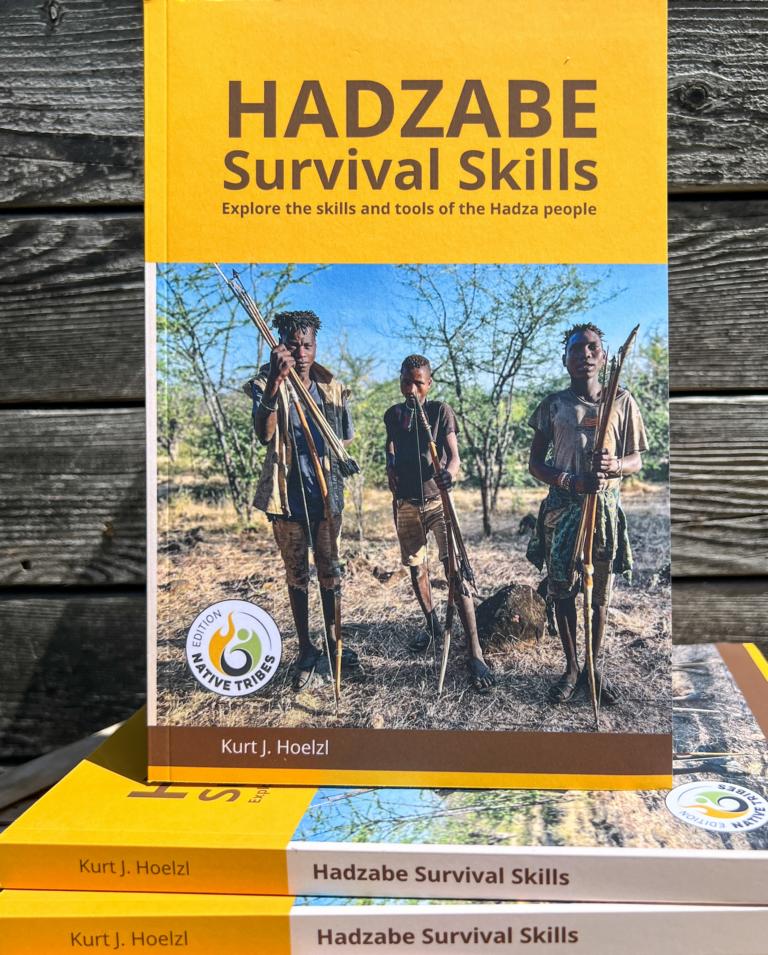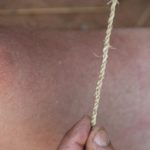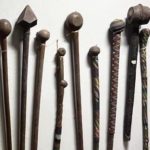Many national parks, private game reserves, and game farms in Southern Africa are under heavy pressure from snares for poaching—not only rhino horn poaching but also indiscriminate poaching for meat. Internationally acting gangs from certain countries mainly organize rhino horn poaching. Indiscriminate poaching for bush meat, however, is organized regionally and locally. We wrote another article about Bushmeat snaring with snaring details on this website.

Why are snares the preferred tool when meat poaching?
For meat poachers, snares have got some essential advantages.
- They kill silently, and there is no danger of getting located or triangulated by sensor stations.
- The primary material – steel wire – is readily available as spliced-up steel cables, barbed wire- and smooth wire from farm fences.
- Not many skills or tools are required to set up snares – within a specific group of poachers, just one person must be a skilled hunter.
- Snares can be checked infrequently from observation points off the actual catching sites.
- They catch very efficiently at so-called ‘hot spots,’ where many snares are set up in concentrated areas.
- A catch of less valuable meat can be left on the spot. After poisoning this catch, many hyenas and vultures will be killed within some days. They will no longer indicate to security personnel that other animals were caught.
Personal experience of snaring in a concession area
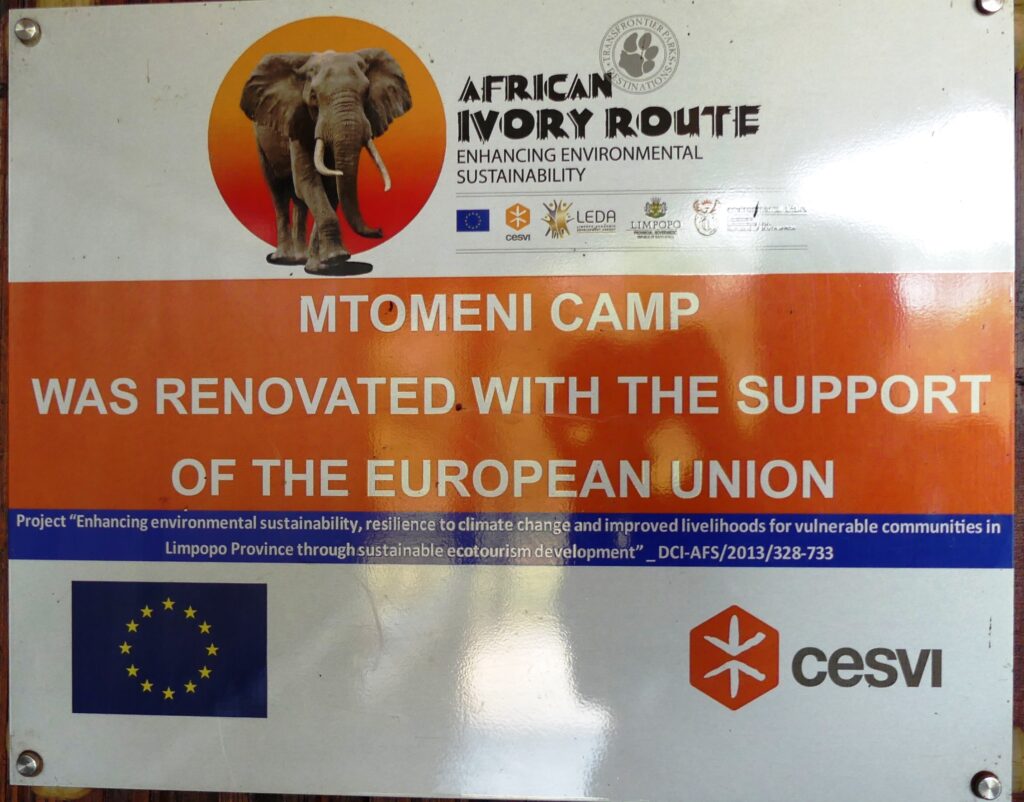
Letaba Ranch is directly located at the border of Kruger National Park, just over the Letaba River. It is a local community concession area, and we stayed four nights at Mtomeni Safari Camp. This is a lovely place sponsored by the EU. This European organization was and is even sponsoring an Anti-Poaching unit, which only exists on paper. Due to poaching, the whole concession is nearly void of wildlife.
Conducting a snare sweep
One day, we did a ‘snare sweep’. My team and I found and removed 16 snares for poaching in total. We saw one baby elephant and two giraffes snared. Elephant meat is useless to the locales, so they left the baby elephant in the snare. And the giraffe carcasses were cut off above the feet – feet left in the snares. The wire had cut down to the middle of the toe bone.
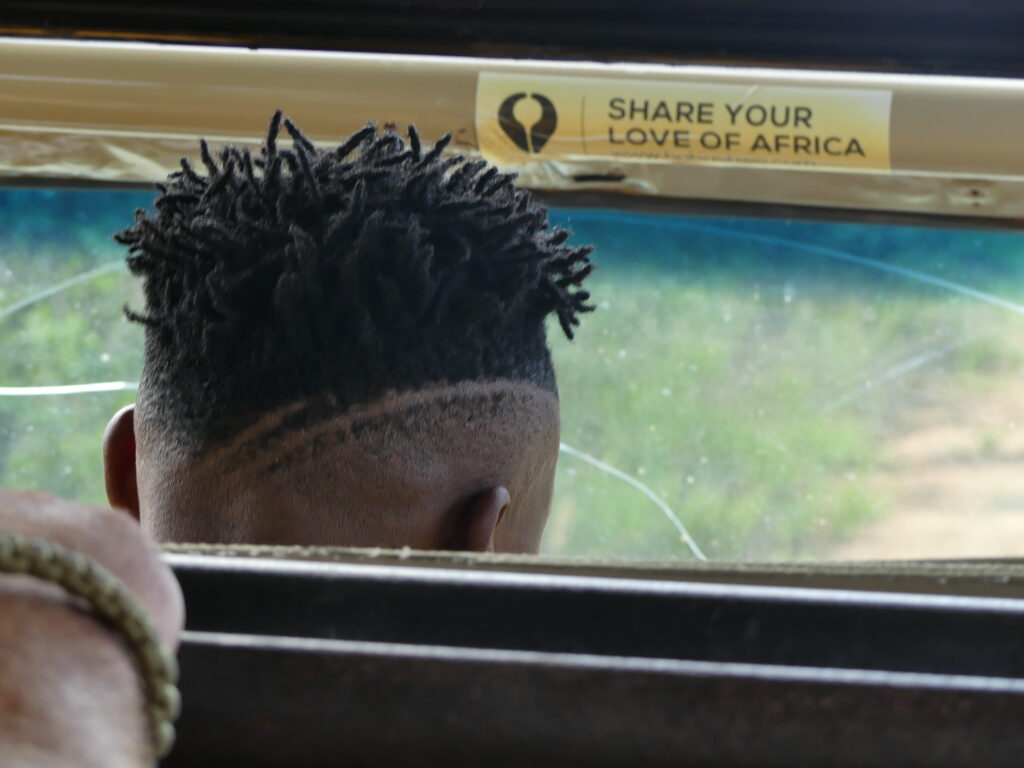
I spoke to a local person whose picture can be seen from behind. He told me that the head of the concession signed on an Estate Manager of another tribe. This manager is just using people from his tribe for paid work. The local community, therefore, has to resort to snaring so they have at least something to eat. I can’t comment on that, as I have not gained a more profound knowledge of the local circumstances. But these were the words of that local person.
Snaring for bushmeat is often covered by corrupt officials.
During our walks, we encountered four non-local persons at the Letaba River who pretended to do some fishing. Everyone sat on a big cooler box, and none wanted to talk to us. Their leader shouted that they had got fishing licenses. We moved on and found close by and hidden a brand-new 4WD with a number plate from Cape Town. These were obviously poachers with a piece of paper from the concession, allowing them to fish in the river.
During our five-day stay at Letaba Ranch, we only saw four Waterbucks directly coming over the Letaba River from Kruger NP, one elephant bull, and two buffalo bulls, all very shy. Nothing else, no Impala, Kudu, Duiker, or Steenbuck.
Lessons learned when removing snares at Letaba Ranch
- ‘Nature conservation’ is a concept mainly shared by a minority population in South Africa
- Snares are very well able to clean out all mammals in even a large area of land.
.

